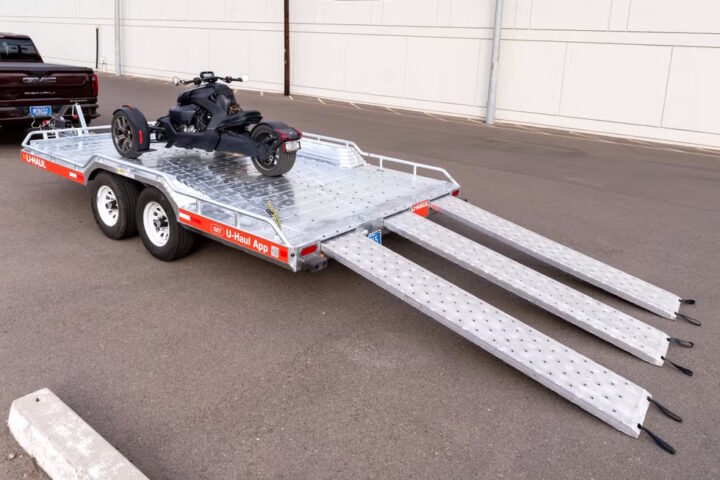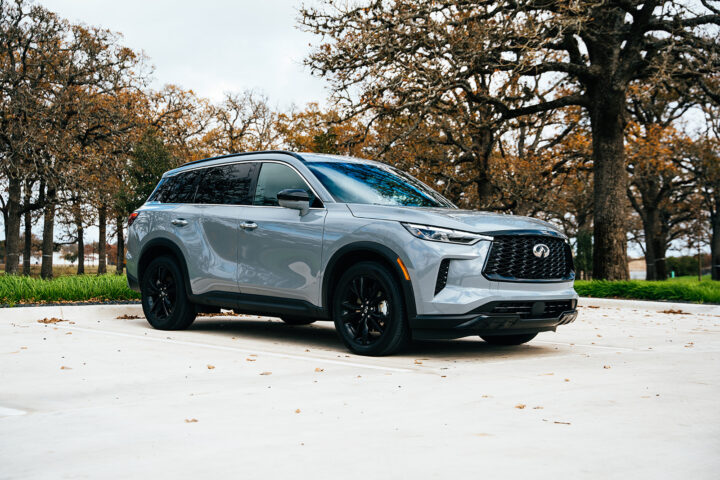TGR Staff – Lead Photos Via – 09/04/2023
Driving your car can be convenient, as you can get anywhere without stress. Moreover, it’s a great way to explore new places alone or with family and loved ones. However, driving is without its risks. Statistics show more than 5 million car accidents are recorded yearly in the USA alone, which is concerning. Admittedly, certain situations may threaten your safety when driving, and knowing how to handle them can save your life. Here are a few you should prepare yourself for.
Your tires blow out unexpectedly
A few things are scarier than your tires blowing out when driving. It’s even more alarming if this happens when cruising on the highway at top speed. For starters, the sound of the explosion can frighten you and cause you to lose concentration. This situation occurs when your tire’s air pressure is lower than normal, causing it to flex beyond its limits and overheat. Road damage, excess weight in your vehicle, punctures, uneven tread, and age can also trigger a blowout. Knowing what to do in this event will be beneficial. Your first reaction may be to slam the breaks, but this can endanger you and your passengers. Instead, grip the steering wheel tightly with both hands to gain control of your vehicle. Also, gently depress the gas pedal and even accelerate lightly to maintain a safe speed. Keep moving straight, and take your foot off the brake and gas pedals, allowing your car to slow down. Make sure your hazard lights are on to alert other drivers of the situation. You can use your brakes once your car is under 25 miles per hour, so keep this in mind.
You find your car hydroplaning
Another dangerous situation is hydroplaning, where your car tires fail to get a good grip on the road. It’s worth noting that quality tires are designed to displace about four water gallons per second to enable them to maintain constant contact with the road. This allows you to steer your vehicle in the right direction. However, when there is a heavy downpour, your tires may struggle to do this, causing you to veer off the road. This is concerning, as you risk hitting another car or a pedestrian, leading to injuries and casualties. Although you don’t wish to experience this, you should know what to do. Braking immediately can lock your rear tires, resulting in a spin-out or fishtailing. Therefore, avoid this at all costs. Instead, maintain your composure and guide your car gently, keeping a steady grip on the wheel. Again, keep your hazard lights on and get off the road to relax your mind. You should also consider these steps after a car accident if you experience this due to hydroplaning.
Your brakes give up on you
Your brakes giving up when driving can mess you up, as you can’t stop your vehicle from hitting something or someone. Several factors can plunge you into this scary event, including poor maintenance, overheating brake pads, faulty rotor discs, and so on. But don’t lose hope yet- you can prevent disastrous circumstances without a functional brake. You only need to take your foot off the gas pedal to reduce your car’s speed and veer it to a safer side of the road. Pumping the brake pedal to elevate the hydraulic fluid pressure is advisable- three or four pumps should do the trick. However, the emergency brake will be useful if this doesn’t work. But apply this brake gradually to prevent your car from rolling over. Pressing your car against guardrails or dividers can generate enough friction to slow it down.





















